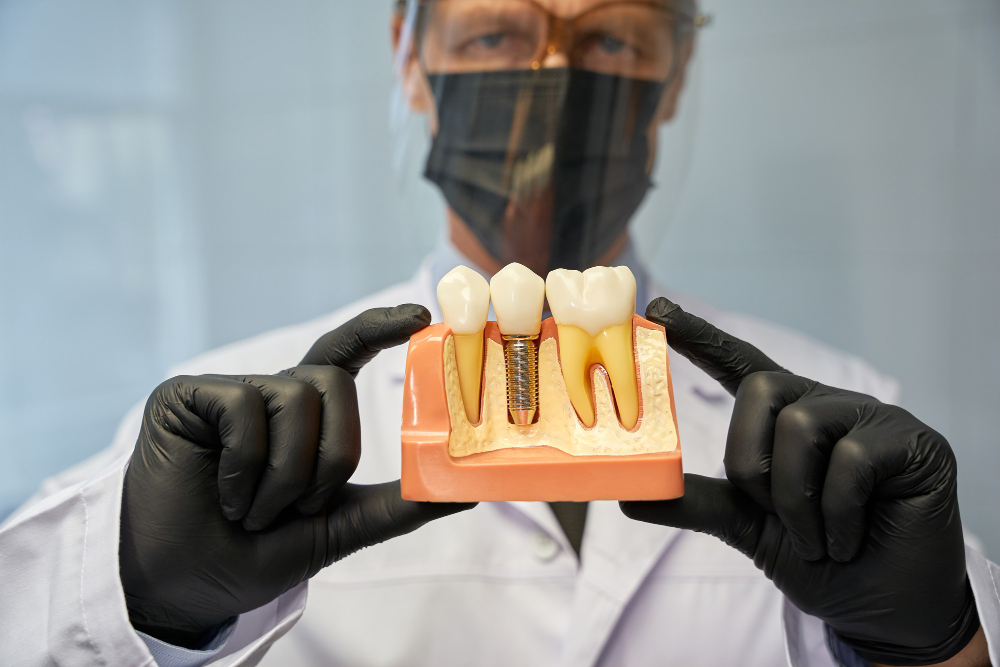Introduction to Dental Implants
Dental implants are a popular way to replace missing teeth. They act as artificial tooth roots, giving strong support for new teeth. Because dental implants look and feel like real teeth, many people choose them for a natural smile. If you are considering dental implants, it is important to know their benefits, the procedure, possible risks, and how to care for them.
Benefits of Dental Implants
Dental implants offer many advantages over other tooth replacement options. For example, they can:
Because of these benefits, dental implants are often recommended by dental specialists.
Who Is a Good Candidate for Dental Implants?
Not everyone is a good fit for dental implants. However, you may be a candidate if you:
Still, your dentist will check your mouth and health history before deciding if dental implants are right for you.
The Dental Implant Procedure: Step-by-Step
The dental implant procedure usually takes several steps. Each step is important for a safe and lasting result. Here is a simple overview:
Because each person is different, the exact steps may vary. Your dentist will guide you through the process.
Risks and Potential Complications
Dental implants are safe for most people. Still, as with any procedure, there are some risks. For instance, you may experience:
However, these problems are rare, especially when a skilled dentist performs the procedure. According to the American Dental Association, most dental implants are successful.
Aftercare and Recovery Tips
Proper aftercare is key to a healthy dental implant. Here are some tips to help you recover and keep your implant strong:
Because good care helps prevent problems, always follow your dentist’s advice after the dental implant procedure.
Prevention of Implant Failure
Most dental implants last for many years. Still, implant failure can happen if you do not care for your mouth. To prevent this, you should:
Because early action can stop bigger problems, do not ignore any changes in your mouth.
Frequently Asked Questions
Conclusion
Dental implants can restore your smile and improve your quality of life. Because every person is unique, it is important to get advice that fits your needs. Consult a dental specialist for personalized advice on dental implants.

